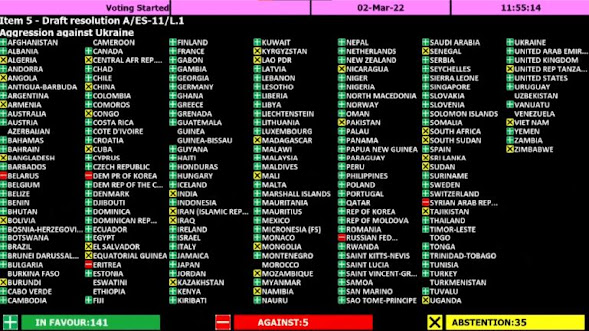
Why Chomsky Was Wrong—And What the Bonobos Might Yet Teach Us A recent study of bonobo vocalisations has added a quietly revolutionary footnote to the history of language: researchers have found that bonobos combine seven distinct calls into at least nineteen different sequences, each with a different meaning. In other words, they’re not just hooting and squealing randomly. They are, in a rudimentary but unmistakable way, starting to say things. This may seem like a charming footnote in primate studies. But for anyone interested in language evolution, consciousness, and even free will, it's a crack in the wall. Because it adds to a growing body of evidence suggesting that the most cherished trait of our species—language—didn't appear suddenly or fully formed. It evolved gradually, with precursors still observable in other species today. This slow-burn view stands in direct contrast to the ideas of Noam Chomsky, whose theories about language acquisition and the so-called ‘lang...





